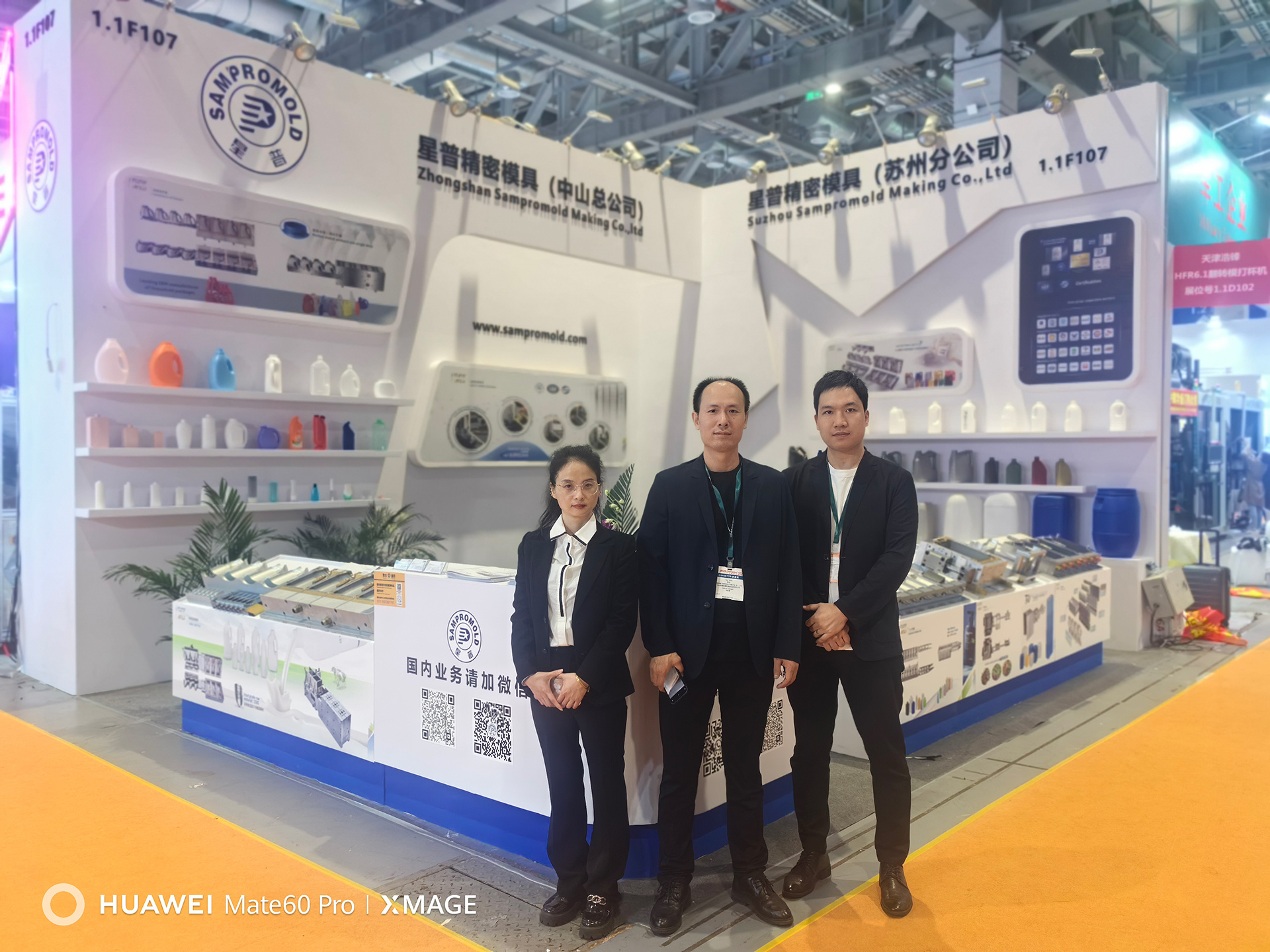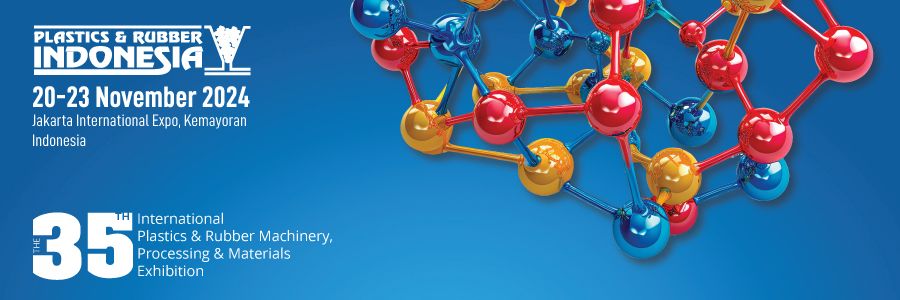Innovative Applications of Fancy Teflon Injection Molds in Modern Manufacturing
Time:
2025-05-25
Innovative Applications of Fancy Teflon Injection Molds in Modern Manufacturing
Table of Contents
- Understanding Teflon Injection Molds
- Benefits of Using Fancy Teflon Injection Molds
- Applications of Teflon Injection Molds in Various Industries
- Comparison with Traditional Injection Molding Materials
- Process of Manufacturing Fancy Teflon Injection Molds
- Future Trends in Teflon Injection Molding
- Case Studies of Successful Implementations
- Frequently Asked Questions (FAQs)
- Conclusion
Understanding Teflon Injection Molds
Teflon injection molds are specialized molds crafted from polytetrafluoroethylene (PTFE), known for its exceptional non-stick properties and high resistance to chemicals and extreme temperatures. These molds facilitate the injection molding process by providing a superior surface finish and enhancing the release of molded parts. Unlike conventional materials, Teflon offers a unique combination of durability and flexibility, making it a popular choice in modern manufacturing.
The Science Behind Teflon
Teflon's unique molecular structure contributes to its non-stick characteristics, allowing for easy release of parts without the need for additional coatings. This feature significantly reduces production downtime associated with mold cleaning and maintenance. The ability to withstand temperatures up to 260°C (500°F) ensures that Teflon molds can be utilized in high-temperature processes without degrading or losing their properties.
Benefits of Using Fancy Teflon Injection Molds
Enhanced Product Quality
Using Fancy Teflon injection molds leads to improved product quality. The smooth surface finish provided by Teflon ensures that the molded products have a consistent appearance, reducing the need for secondary finishing processes. This quality enhancement is particularly important in industries where aesthetics and precision are paramount.
Increased Production Efficiency
The non-stick properties of Teflon allow for quicker cycle times, as parts can be ejected from the mold without delay. This efficiency translates into higher productivity levels, enabling manufacturers to meet increased demand without compromising quality. Additionally, the resistance to wear and corrosion minimizes maintenance needs, further optimizing production workflows.
Cost-Effectiveness
While the initial investment in Fancy Teflon molds may be higher than traditional options, the long-term savings are substantial. Reduced downtime, lower maintenance costs, and fewer defects contribute to an overall decrease in operating expenses. Manufacturers can achieve a favorable return on investment by leveraging these molds for high-volume production runs.
Applications of Teflon Injection Molds in Various Industries
Aerospace and Aviation
The aerospace industry requires components that can withstand harsh environments while maintaining strict tolerances. Teflon injection molds are ideal for producing lightweight, durable parts used in aircraft assemblies, such as brackets, housings, and insulation components. Their resistance to extreme temperatures and chemicals makes them indispensable for ensuring safety and reliability in aviation.
Automotive Manufacturing
In automotive production, Teflon molds facilitate the creation of intricate components like gear housings, connectors, and seals. The non-stick properties prevent material buildup during the molding process, reducing defects and enhancing part integrity. As electric vehicles gain traction, Teflon molds are also being used to create battery casings and other components that require thermal management.
Medical Devices Production
The medical device industry relies heavily on precision engineering and safety. Teflon injection molds are utilized to manufacture surgical instruments, implants, and diagnostic equipment. The biocompatibility and sterilization compatibility of Teflon ensure that medical devices meet stringent regulatory requirements, allowing for safe patient care.
Comparison with Traditional Injection Molding Materials
Performance Metrics
When comparing Teflon to traditional injection molding materials like aluminum or steel, several performance metrics come into play:
- Temperature Resistance: Teflon excels in high-temperature applications, whereas traditional metals may deform or oxidize.
- Non-Stick Characteristics: Unlike traditional molds, Teflon's non-stick features reduce the need for release agents.
- Durability: Teflon molds are less prone to wear and corrosion, leading to a longer lifespan compared to traditional materials.
Cost Considerations
While Teflon molds may require a higher upfront investment, the overall cost savings associated with maintenance and production efficiency make them a viable option for many manufacturers. In contrast, traditional molds may incur higher operational costs due to frequent replacements and maintenance.
Process of Manufacturing Fancy Teflon Injection Molds
Material Selection
The first step in manufacturing Fancy Teflon molds is selecting high-quality PTFE resin. This choice is crucial in ensuring optimal performance and durability of the final product.
Mold Design
Engineers create detailed designs based on the required specifications and applications. Advanced software tools facilitate simulations to predict flow behavior and identify potential issues before production begins.
Molding Process
The actual molding process involves heating the Teflon until it becomes pliable, followed by injection into the mold cavity. Once cooled, the mold is removed, revealing the finished product. This process can be adapted to various production scales, making Teflon molds versatile for both small and large runs.
Future Trends in Teflon Injection Molding
Advancements in Material Technology
Ongoing research in material science is expected to yield even more enhanced versions of Teflon, featuring improved thermal stability and chemical resistance. These advancements will open new avenues for applications in extreme environments, particularly in the chemical processing and aerospace sectors.
Integration with Industry 4.0
The incorporation of smart manufacturing technologies into Teflon injection molding processes will lead to greater automation, real-time monitoring, and predictive maintenance. These innovations will further streamline production and improve quality assurance, setting new standards for efficiency in manufacturing.
Case Studies of Successful Implementations
Case Study 1: Aerospace Component Manufacturing
A leading aerospace manufacturer adopted Teflon injection molds to produce critical components for aircraft engines. By switching to Teflon, they achieved a 30% reduction in cycle time and improved part quality, leading to enhanced safety and reliability.
Case Study 2: Automotive Sealing Solutions
An automotive supplier utilized Fancy Teflon molds for producing seals and gaskets. The transition resulted in a 25% decrease in defects while increasing production output, significantly impacting their bottom line.
Frequently Asked Questions (FAQs)
1. What are the primary advantages of using Teflon injection molds?
The main advantages include enhanced product quality, increased production efficiency, and long-term cost-effectiveness due to reduced maintenance and downtime.
2. In which industries are Teflon injection molds most commonly used?
Teflon injection molds find applications in various industries, including aerospace, automotive, medical devices, and electronics.
3. How do Teflon molds compare to traditional molds in terms of lifespan?
Teflon molds generally offer a longer lifespan due to their resistance to wear and corrosion, reducing the need for frequent replacements.
4. Can Teflon molds be used for high-volume production?
Yes, Teflon molds are ideal for high-volume production due to their efficiency and ability to maintain consistent quality across large runs.
5. Are Teflon molds environmentally friendly?
While Teflon itself is not biodegradable, its long lifespan and efficiency in manufacturing processes contribute to reduced waste and energy consumption, making it a more sustainable choice compared to frequently replaced traditional molds.
Conclusion
Innovative applications of Fancy Teflon injection molds are transforming modern manufacturing across various sectors. Their unique properties not only enhance product quality and production efficiency but also pave the way for cost-effective solutions that meet the demands of a competitive market. As we continue to explore the potential of Teflon in manufacturing, it is clear that these molds will play a crucial role in the future of production, ensuring that manufacturers can keep pace with technological advancements and evolving consumer needs.
RELATED NEWS












